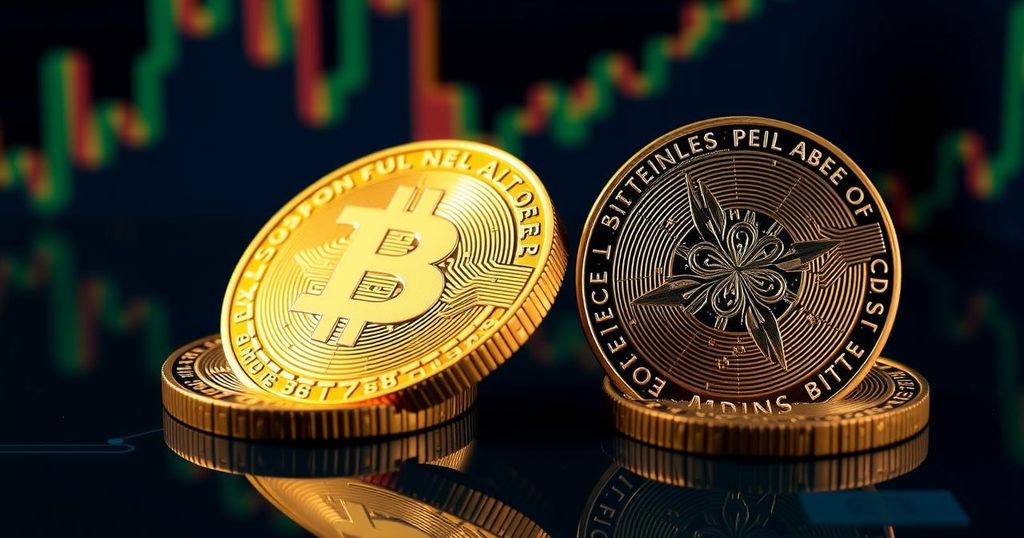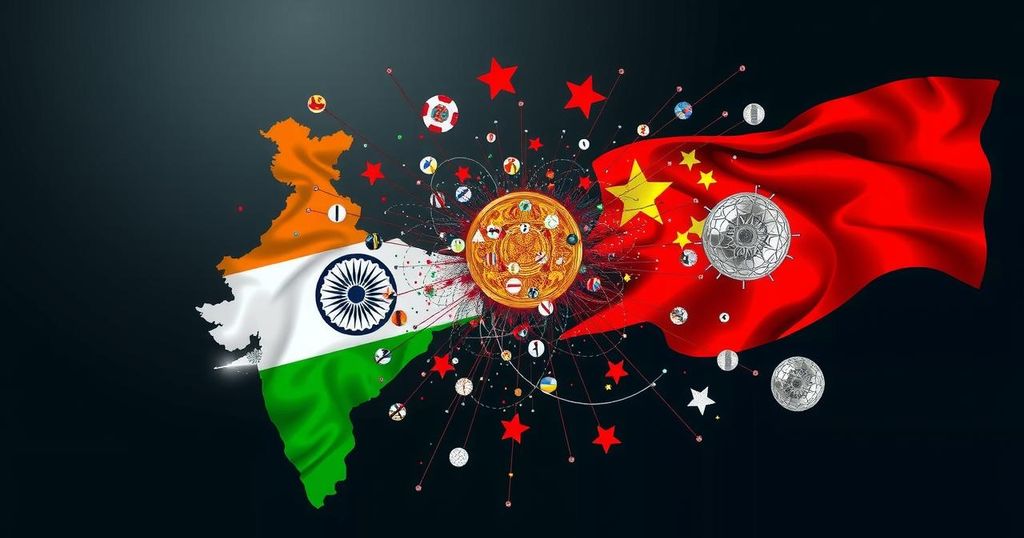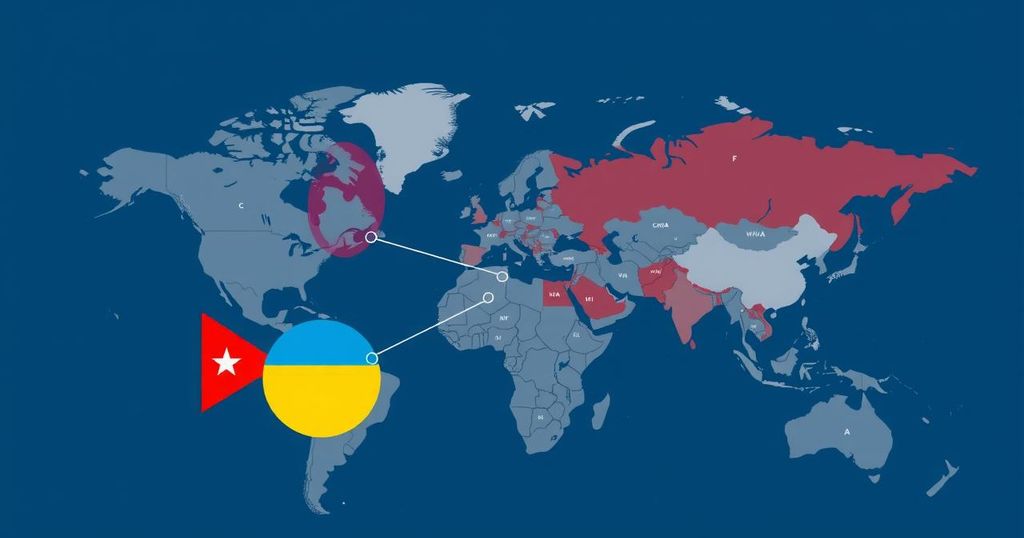Maldives Enhances Economic Ties with China through MoU for Currency Transactions
Summary
The Maldives has signed a Memorandum of Understanding (MoU) with the People’s Bank of China to facilitate currency transactions and investments, following an agreement with India on the Unified Payments Interface (UPI). This signifies a strategic shift towards enhancing economic relations with China amid cooling ties with India.
In a strategic move to enhance economic ties with China, the Maldives has signed a Memorandum of Understanding (MoU) with the People’s Bank of China (PBOC) aimed at facilitating current account transactions and direct investments utilizing their respective national currencies. This agreement was finalized shortly after the Maldives entered into an agreement with India to implement the Unified Payments Interface (UPI) within its financial system. The MoU, established between the Maldivian Ministry of Economic Development and Trade and the PBOC, is poised to streamline trade and investment efforts, which are expected to yield substantial economic benefits for both nations. The Maldives continues to strengthen its relationship with China, given that bilateral trade has exceeded USD 700 million, with China being a dominant source of tourism for the island nation. Moreover, it has been reported that the Maldives might soon accommodate a branch of the Industrial and Commercial Bank of China (ICBC), underscoring the profound financial ties between the two countries. This agreement follows President Mohamed Muizzu’s diplomatic visit to China earlier this year, during which he engaged with President Xi Jinping on fortifying their comprehensive strategic partnership and fostering deeper economic collaboration. Concurrently, the Maldives is engaged in negotiations for a Free Trade Agreement with China. These discussions are reportedly nearing completion, and the agreement will be enacted upon achieving mutual consensus between the involved parties. While cultivating its relations with China, the Maldives has also taken steps to rekindle its partnership with India, as evidenced by the recent UPI agreement signed during External Affairs Minister S. Jaishankar’s visit to the Maldives. The UPI, developed by the National Payments Corporation of India (NPCI), is a progressive payment system designed to facilitate instant inter-bank transactions via mobile technology. Notably, this development comes ahead of President Muizzu’s forthcoming visit to India, where his administration is looking to establish a similar financial arrangement involving the Rupee and the Rufiyaa, the Maldivian currency. Relations between the Maldives and India have been perceived to have deteriorated, particularly since President Muizzu assumed office in November and exhibited a pro-China orientation. Following Muizzu’s request, India withdrew its military personnel from several aviation platforms in May. However, there remains optimism regarding the strengthening of bilateral ties, as evidenced by the Maldivian foreign ministry’s characterization of Jaishankar’s August visit as a “significant milestone.”
The geopolitical landscape in South Asia has witnessed shifting alliances, particularly with the Maldives’ growing embrace of China following the election of President Mohamed Muizzu. The signing of the MoU with China, post the UPI agreement with India, represents a robust effort by the Maldivian government to maximize economic stature through diversified partnerships. Historically, the Maldives maintained close relations with India, but recent years have seen a significant pivot towards China, particularly in areas of trade, infrastructure, and tourism. The MoU with China and ongoing negotiations for a Free Trade Agreement signify a commitment to strengthening these economic ties further.
In summary, the Maldives’ recent signing of a Memorandum of Understanding with China to enhance currency transactions and investments marks a pivotal moment in its foreign economic policy, especially following its agreement with India to implement UPI. These developments reflect a keen desire by the Maldivian government under President Muizzu to diversify and deepen economic engagement with major powers in the region, balancing relations with both India and China.
Original Source: indianexpress.com








Post Comment